Our Team
The eSchool+ initiative is a cross-disciplinary collaboration between the Johns Hopkins Consortium for School-Based Health Solutions, Berman Institute of Bioethics, and schools of Education, Medicine, and Public Health. Our team benefits from expertise in ethics, school health, school policy, food security, clinical medicine and education.
eSchool+ Team Leads

Annette Anderson, PhD
Assistant Professor, Johns Hopkins School of Education; Deputy Director, Center for Safe and Healthy Schools

Megan Collins, MD, MPH
Assistant Professor of Ophthalmology, Wilmer Eye Institute; Berman Institute of Bioethics, Co-Director, Consortium for School-Based Health Solutions

Ruth Faden, PhD, MPH
Founder, Berman Institute of Bioethics; Philip Franklin Wagley Professor of Biomedical Ethics
eSchool+ Team Contributors

Alan Regenberg, MBE
Director of Outreach & Research Support; Associate Faculty, Berman Institute of Bioethics

Alice Liu
Research Assistant, Wilmer Eye Institute

Andrew Nicklin
Futurist At Large, Centers for Civic Impact
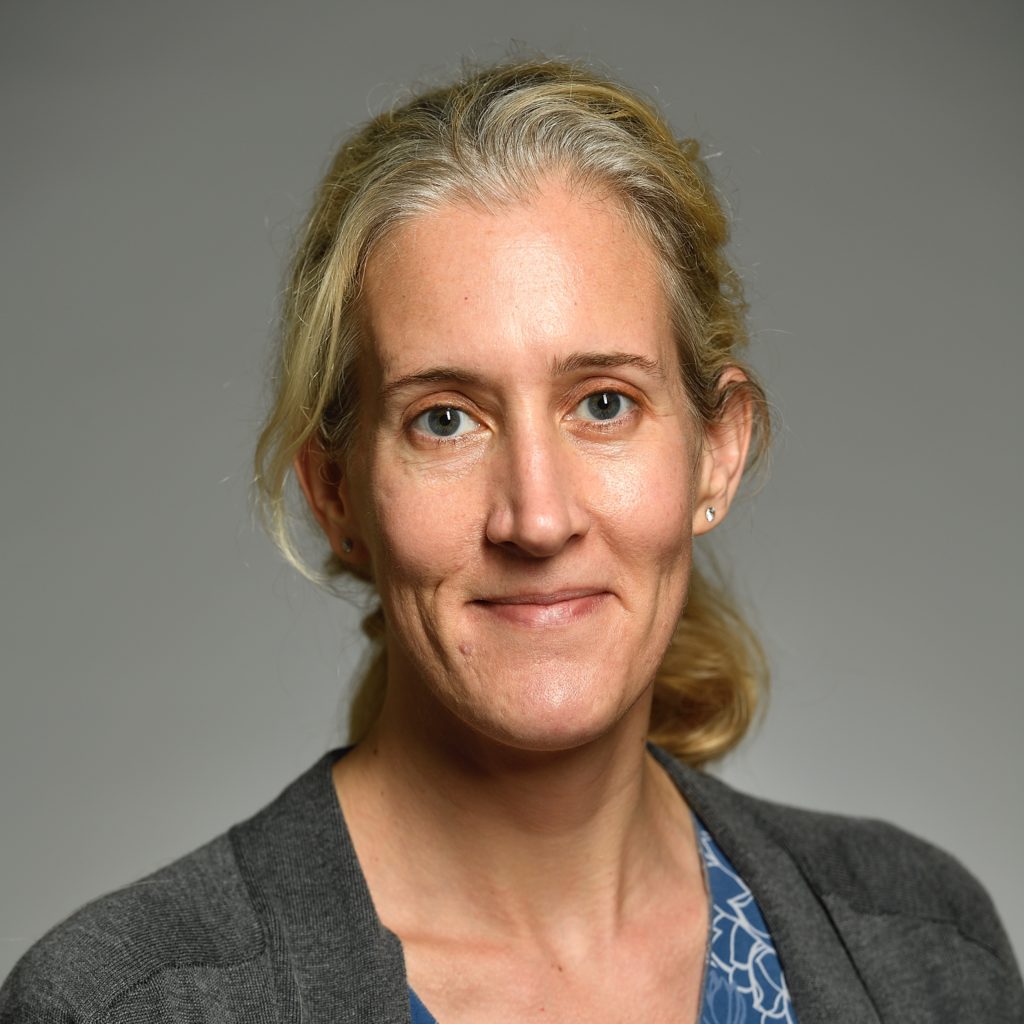
Anne Barnhill, PhD
Core Faculty, Berman Institute of Bioethics

April B. Baer, MA
Program Manager, eSchool+ Initiative
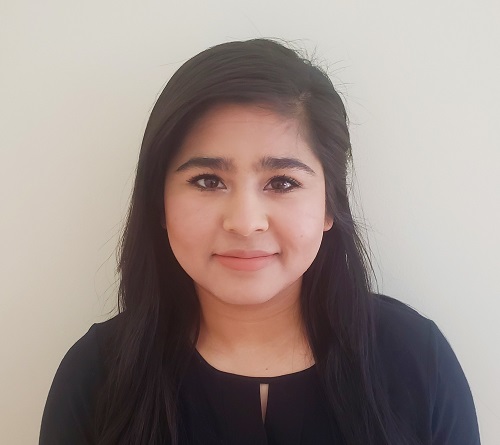
Azka Tariq
Research Assistant, Wilmer Eye Institute; Consortium for School-Based Health Solutions

Beth Marshall, DrPH
Assistant Scientist, Bloomberg School of Public Health; Associate Director, Center for Adolescent Health

Christopher Morphew, PhD
Dean, School of Education

Emily Faxon, MHS
Education Policy Analyst
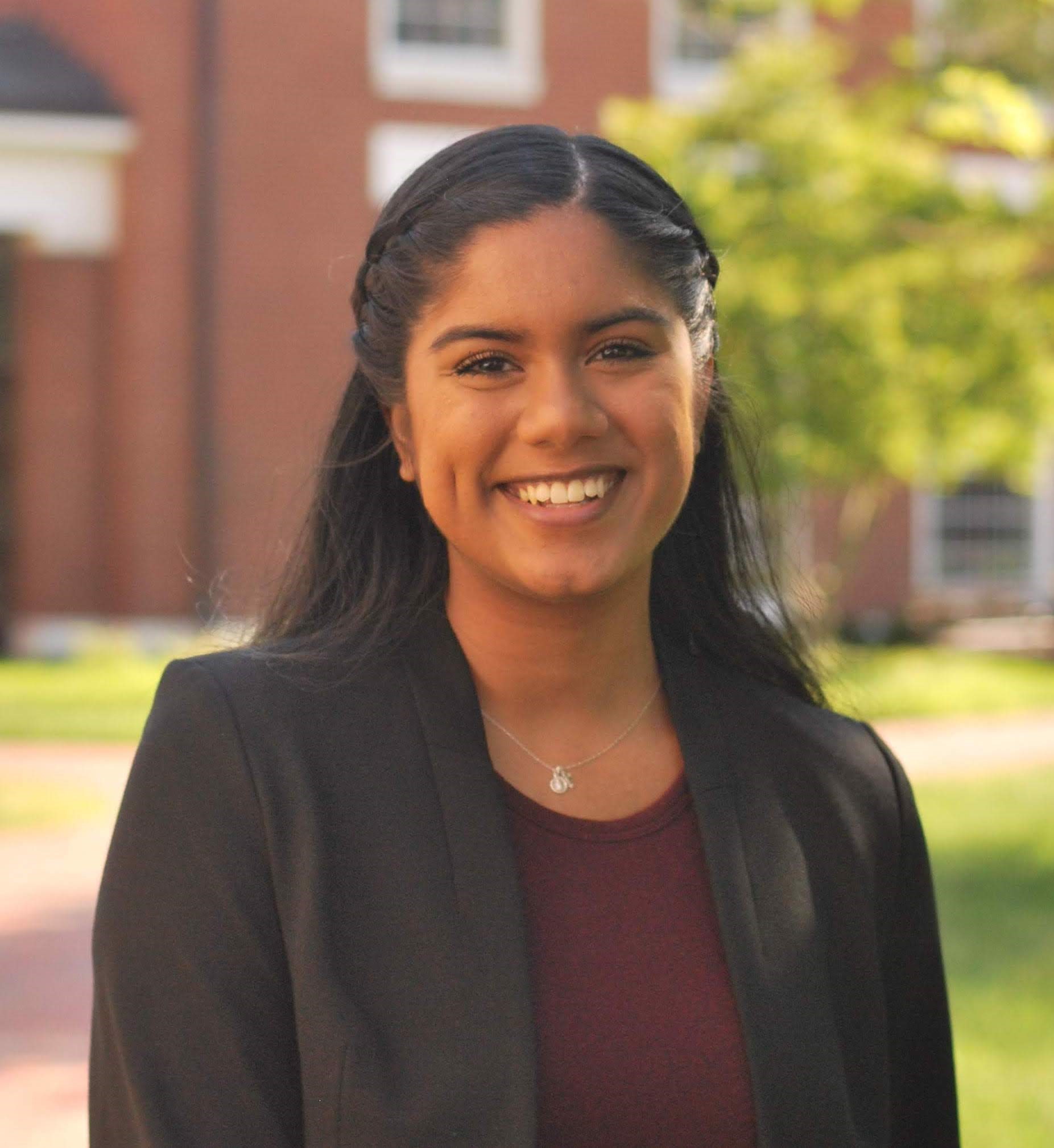
Kelly Beharry
Research Assistant, School of Education
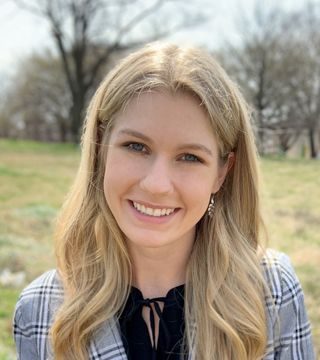
Madison Wahl
Research Assistant, Wilmer Eye Institute; Consortium for School-Based Health Solutions
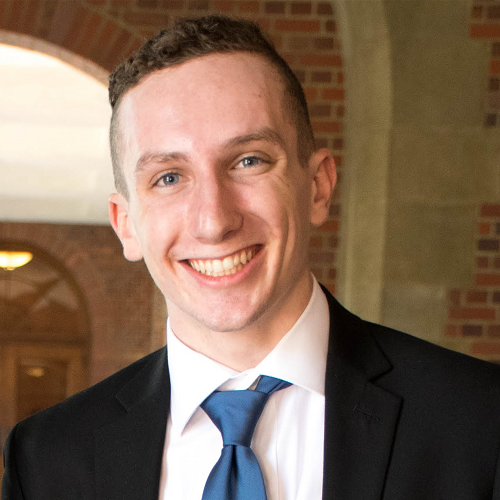
Matthew A. Crane
MD Candidate, Johns Hopkins University School of Medicine
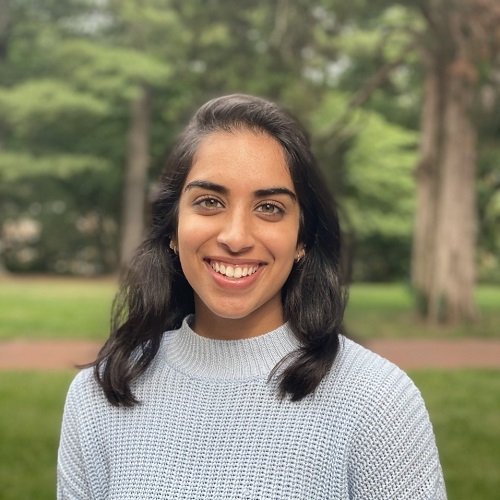
Medha Kallem
Research Assistant, Wilmer Eye Institute

Nicole Faraci
PhD Student, UC Berkeley

Rachel Gur-Arie, PhD
Hecht-Levi Postdoctoral Fellow, Berman Institute of Bioethics, Johns Hopkins University

Sara Johnson, MPH, PhD
Associate Professor of Pediatrics, Department of Population, Family and Reproductive Health, Department of Mental Health; Co-Director, Rales Center for the Integration of Health and Education; Co-Director, Consortium for School-Based Health Solutions

Tiana Sepahpour, MBE
Research Assistant, Berman Institute of Bioethics